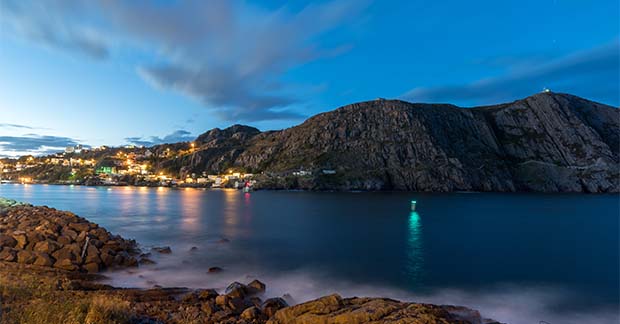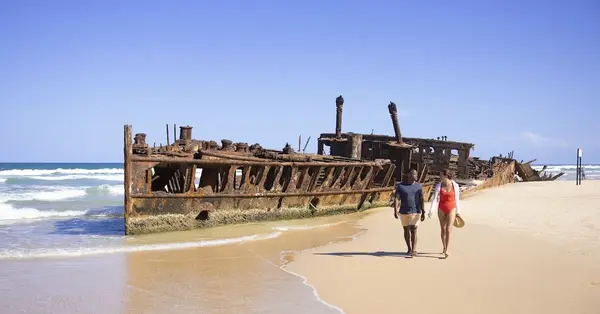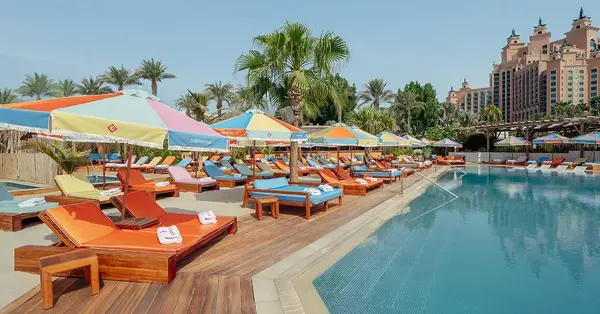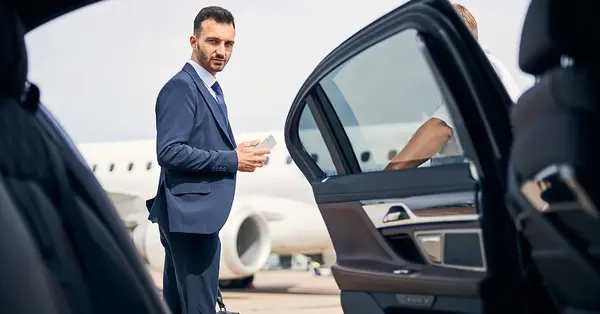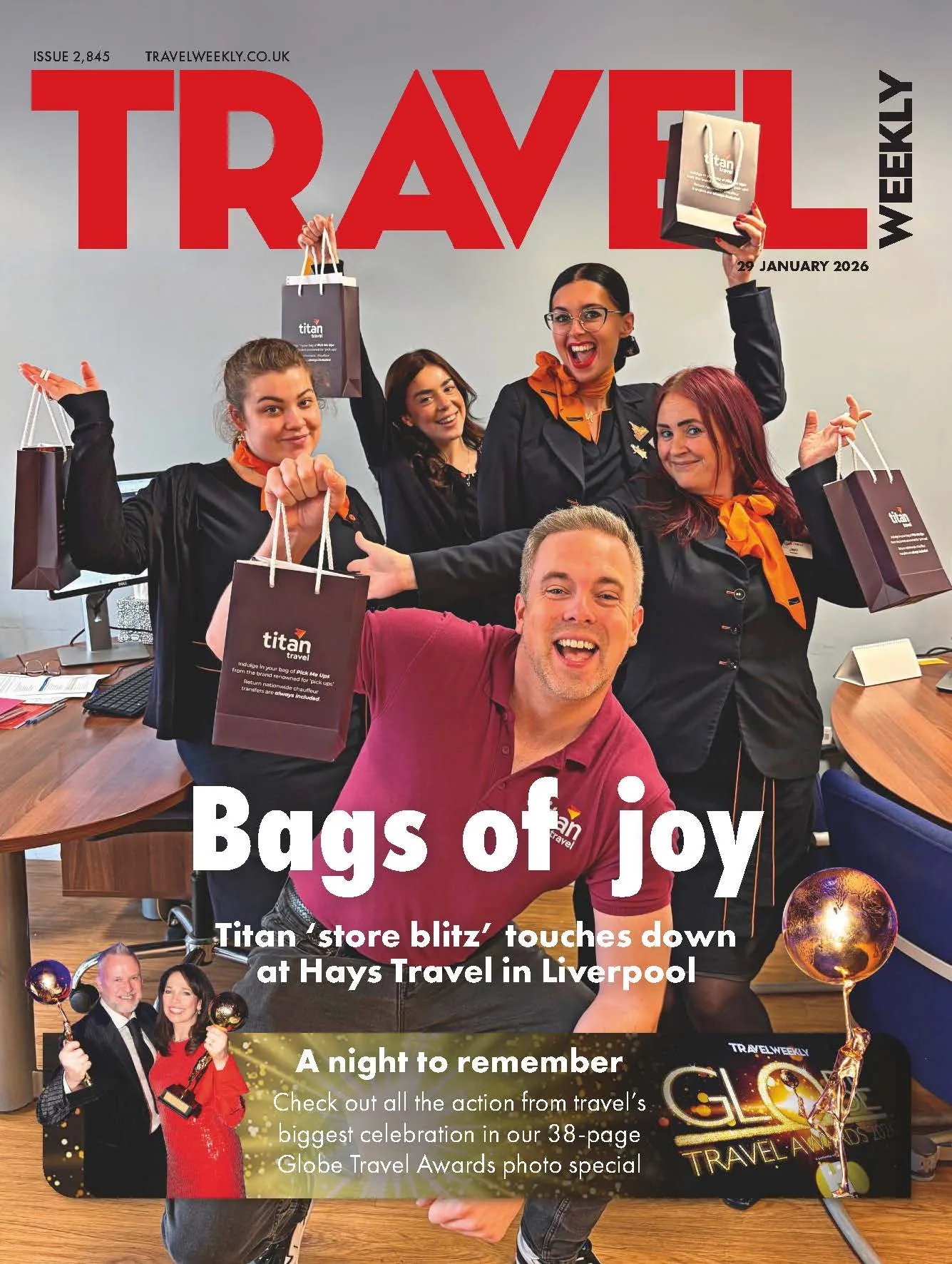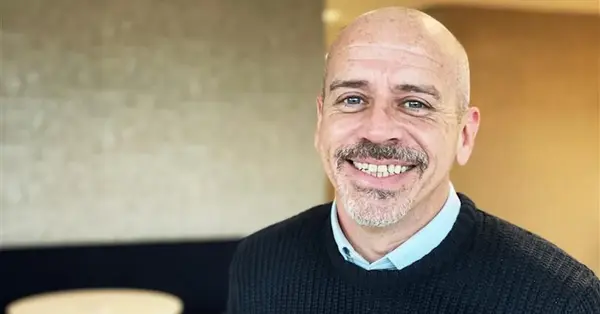You are viewing 1 of your 2 free articles
Caribbean hotel workers’ spending power ‘eroded since 1980s’
Workers in tourism and hospitality may have union rights but still be struggling to live on low wages in destinations, according to David Massiah, general secretary of the Antigua & Barbuda Workers’ Union.
The economy of Antigua and Barbuda is the most tourism dependent in the world, with the latest World Travel & Tourism Council (WTTC) ‘Travel & Tourism Economic Impact 2024: Global Trends’ report estimating travel and tourism will contribute 93% of the country’s GDP this year.
Workers in Antigua and Barbuda have union representation – a fundamental aspect of labour and human rights. But low pay is still a major problem.
Massiah contributed to a report published this week on social sustainability, labour and human rights in travel entitled ‘Why the S in ESG Matters’.
Speaking at the launch of the report, he said: “The union represents at least 99% of hotel workers in Antigua, and we negotiate with the hotel associations and groups. [But] compared to working in the industry in the 1980s, the basic wage is so low that hotel workers are not able to get a mortgage on a home.
“The economic conditions in the country have eroded the spending power of hotel workers, yet they’re called upon to deliver top quality service.”
Massiah argued: “Tourism is our main industry. So, there is a need for us to ensure the wealth made from the industry is distributed fairly, so workers get a fair share.
“The hotel employers get concessions from the government from time to time, [but] the prime minister of the country recently went on record to chide the union, saying we’re not doing enough to raise the level of pay in the industry.
“Now we’re in a new round of negotiations, we’ve said to the hotel association and all the hotels that we’re going for the high end [on wages] because every time we sit around the table they tell us they can’t [meet our demands] because of the costs they have.”
Massiah, who is also chair of the tourism section of the International Transport Workers’ Federation (ITF), welcomed the report saying, “it really helps” in the pursuit of “a greater input for trade unions, to sit at the table and be part of the decision making on how we make this industry work for everyone”.
He insisted: “We want to ensure the involvement of all stakeholders, better wages for workers and better opportunities for workers in what is the largest economic sector in small island states like ours.
“We need involvement of all stakeholders to make sure we operate in a fair way from top to the bottom, that we’re all earning and reaping the benefit, not some way ahead and others below.”
The report on labour and human rights in travel and tourism, ‘Why the S in ESG matters’, is based on research by Dr Anke Winchenbach of the University of Surrey and was commissioned by the ITF and the IUF union representing food, agriculture, hotel, restaurant, catering and allied workers internationally.
It concludes poor labour conditions are impeding sustainability efforts in the industry, damaging recruitment and heightening risks for businesses, based on interviews with industry representatives, trade unions, investors and consultants.
The report includes assessments of existing social sustainability frameworks and case studies as well as recommended actions. It can be downloaded here

